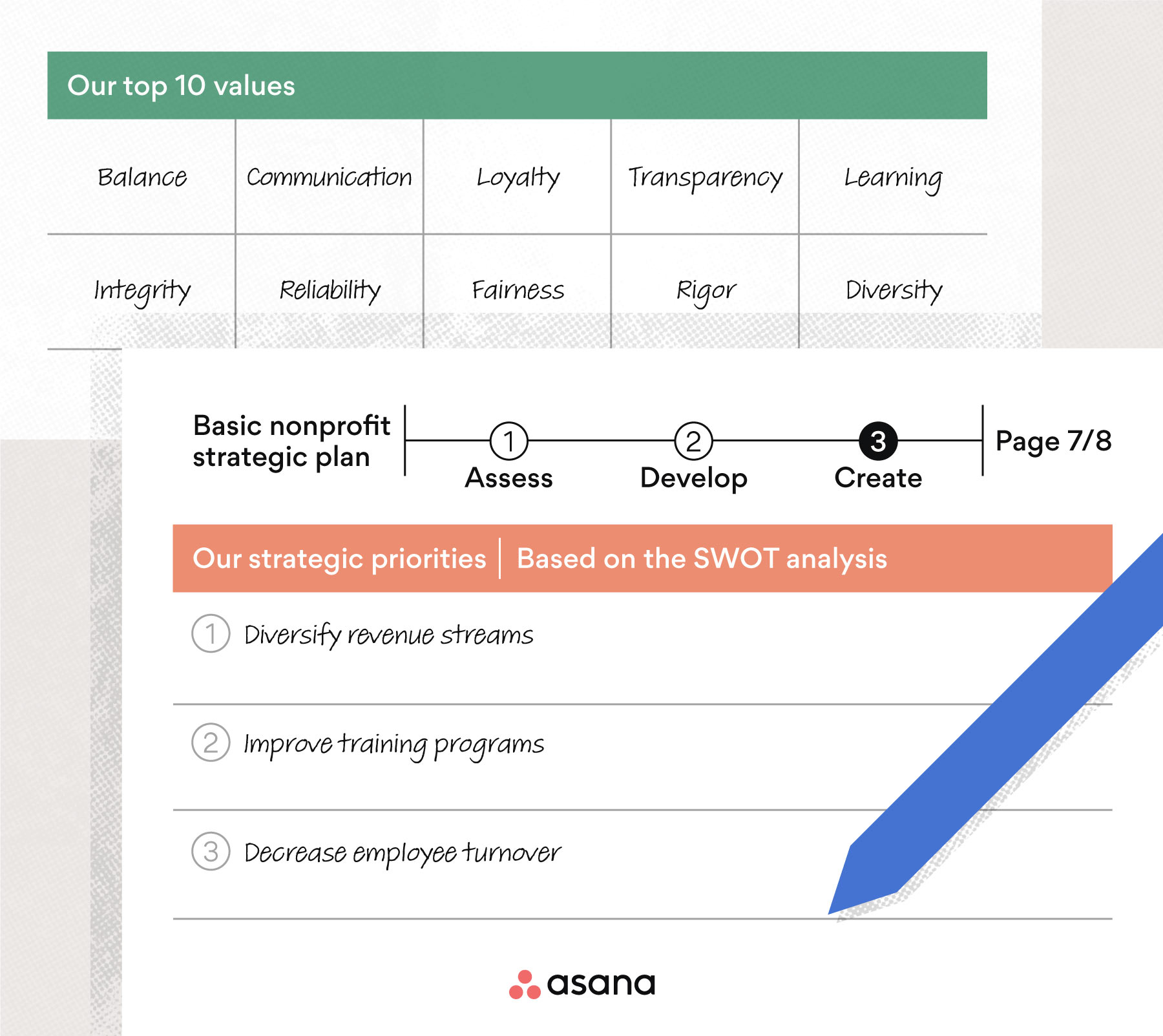
An environmental practitioner is responsible for monitoring pollution levels in the air, water, or noise. He also provides advice to businesses on legal obligations and standards for workplace health and safety. They are often required to respond to natural disasters or emerging diseases. Read on to discover the specific duties and responsibilities of this job. Learn more about a typical day for an environmental medicine practitioner.
Environmental health practitioners monitor pollution levels in the air, water and noise
Environmental health practitioners are trained to protect public health by monitoring pollution levels in the air, water, and noise. They use data analysis to determine the causes of pollution and how to reduce it. They might work for industry, consulting firms or government agencies. The work of environmental health professionals working for consulting firms might be focused on a certain area or assess a site's safety. Industry-based environmental health professionals often travel to various industrial sites to conduct assessments. Environmental health practitioners may also be involved in disaster relief efforts. They often race to disaster sites to assess risks and accelerate cleanup efforts.
Most environmental health practitioners have a four year college degree in a scientific field. For certification, some states require that the professionals have experience and pass licensing exams. Many environmental professionals have a master's degree. In addition, most environmental health degree programs are accredited by the National Environmental Health Science and Protection Accreditation Council, which helps ensure a skilled workforce.

They advise businesses on legal obligations
Environmental health practitioners advise businesses on their legal obligations regarding health and the environment. They also work in enforcement with other professionals to ensure that standards are maintained and pollution levels are controlled. These environmental health practitioners often work under extreme pressure and with tight deadlines. These health professionals can work for various clients, including service companies and manufacturers.
To become an environmental health practitioner, you must complete an accredited course. You will need to pass a professional exam as well as complete an extensive portfolio of experiential learning. Portfolios can be included in your degree program, or they can be completed after graduation. During your studies, make sure you take lots of math, physical sciences, and life sciences courses. Also, get as many hands-on experiences as you can. You might volunteer with public health organisations or design science fair projects related pollution.
They offer advice on workplace safety and health.
To identify and control potential hazards to human health and safety, environmental health practitioners are trained. They may work in government agencies or for commercial or industrial concerns. They may also be employed as a self-employed individual. The typical responsibilities of a nurse include providing advice on workplace health and safety, and helping to implement policies that protect the health and well-being of employees.
An environmental health practitioner's role is to ensure safety and health standards are met, and to protect the environment. An environmental health practitioner provides advice, education, as well as monitoring to ensure that standards are being met. These professionals are sometimes called environmental health officers depending on the level of their specialization. Their primary responsibility is to create healthy environments and decrease health hazards. They also carry out duties related to water and food monitoring, investigation, as well as prevention.

They offer advice on climate change
These environmental health professionals advise on health and the environment. These professionals often work in partnership with both the private and public sectors. Their job responsibilities include the prevention of communicable diseases, water quality, food safety, waste management, and surveillance of premises. The vector control and the environmental pollution control are also responsibilities of environmental health professionals.
Environmental health practitioners are often found in government agencies and engineering plants, which often require them to travel. Their job description is a complicated one that involves several skills. The goal of the job is to improve public health and reduce pollution.
FAQ
How did modern consulting come to be?
The first consultants were accountants who helped companies manage their finances. They were known as "accounting consults" because they are highly skilled in the management of financial information. However, this role soon expanded into other areas, such as human resources management.
The French word meaning "to advise" in French is what gave rise to the term "consultant". This term was originally used by businessmen to denote someone who could give guidance on how to run an enterprise. Many business owners use the term "consultant" to describe any professional advisor.
What skills do I need for consulting?
As a consultant, you should have both strong interpersonal skills and analytical skills. This is vital because you may not understand the scope of your work. It is important to learn how to quickly solve problems and manage people.
A strong communication skill is also necessary. Most clients expect to hear back within 24 hours. If they don't hear anything, it is likely that they aren't interested in you. It's important, therefore, to always keep them informed and ensure they understand what is going on.
How much do consultants make?
Some consultants earn more than $100k per year, but most consultants earn between $25 and $50k. An average consultant salary is $39,000 This applies to both hourly and salaried consultants.
Salary depends on the experience of the consultant, their location, industry, type and length of the contract (contractor or employee), as well as whether they have their own office or work remotely.
How much should a consultant charge?
It depends on your offering. If you are offering services for free, it is not worth charging anything. If you're selling products or services however, prices should be determined based on their value.
You don't have any products to sell if you provide low-quality services. So why would anyone pay any money for your services.
If you're providing high-quality services you might ask for a greater price. Because people are aware of the value you provide, they will be more willing to pay you a higher rate. Customers who buy multiple services from you may qualify for discounts.
What happens when the consultant finishes the job?
After the consultant finishes the work, s/he will send a final report outlining the results. This report includes the deliverables and project timelines.
Then, you'll review the report and decide whether the consultant met your expectations. If it does not, you can ask for changes or terminate the contract.
Statistics
- WHY choose me: Why your ideal client should choose you (ex: 10 years of experience and 6-week program has helped over 20 clients boost their sales by an average of 33% in 6 months). (consultingsuccess.com)
- Over 62% of consultants were dissatisfied with their former jobs before starting their consulting business. (consultingsuccess.com)
- According to IBISWorld, revenues in the consulting industry will exceed $261 billion in 2020. (nerdwallet.com)
- Over 50% of consultants get their first consulting client through a referral from their network. (consultingsuccess.com)
- My 10 years of experience and 6-step program have helped over 20 clients boost their sales by an average of 33% in 6 months. (consultingsuccess.com)
External Links
How To
How do you find a good advisor?
Understanding your needs is the first step to finding the right consultant. What do you need them to do for your website? Are you looking for them to help optimize your website to rank higher on search engines? Perhaps you simply need someone to tell you if your current host provider is having issues. You should know the type of services that you require before you start looking at other companies. Many consultants claim to be able to provide these services. However, only a handful of them actually deliver on their promises. How do you select the right consultant for your project? These are some things you should consider when choosing a consultant.
-
Refer to others. This is the best way to select a consultant. You don't want to hire someone you've never heard of before because you'll likely pay too much. But you also don't want to work with someone whose reputation isn't solid. You're fortunate enough to receive referrals from people you trust. Even if you don’t have any referrals, you can still look online for reviews. Seek out testimonials from satisfied clients.
-
Ask around. Many people are not aware of the benefits of hiring a consultant. People believe they don't have to make any changes because they are currently doing well. This is often not true. Even if your results are great, there's a good chance that you haven’t kept up with the latest trends and technologies. Your business could be missing out if it relies on outdated methods. It's worth asking your friends and family for recommendations to help you find the right consultant.
-
Be sure to check their credentials. When you're looking for a consultant, it doesn't matter whether you're building a small blog or launching a multi-million dollar eCommerce store; you want to be sure that whoever you hire has the skills needed to handle your project. You must ensure they have the necessary skills and qualifications to carry out the tasks.
-
Find out which projects they are best at. While you might assume that everyone can handle everything, this isn't true. Some areas require specialized training and education. For example, if you need someone to build a WordPress theme, you won't want to hire a developer who specializes in Drupal. It is the same for programming languages, graphic design, and so on. Ask the designer what kind of projects they have worked on in the past.
-
You should know their prices. You don't want a consultant who charges too much. However, you don't need to pay too much. There are many types of consultants. Some consultants bill by the hour, while others charge per project. Knowing exactly what you're paying upfront will save you money down the road.
-
Know what they offer. Are they willing to provide free consultations? Can they provide advice on how to setup your own system? Is there a guarantee that your site will rank higher after working with them? You have the right to cancel at any time if you aren't satisfied with what was said during your consultation.
-
Find out if the company offers discounts for several months or years. Many consultants offer discounts for longer periods. While you don't necessarily need to commit for a whole year, you can still take advantage of any deals that they offer.